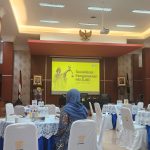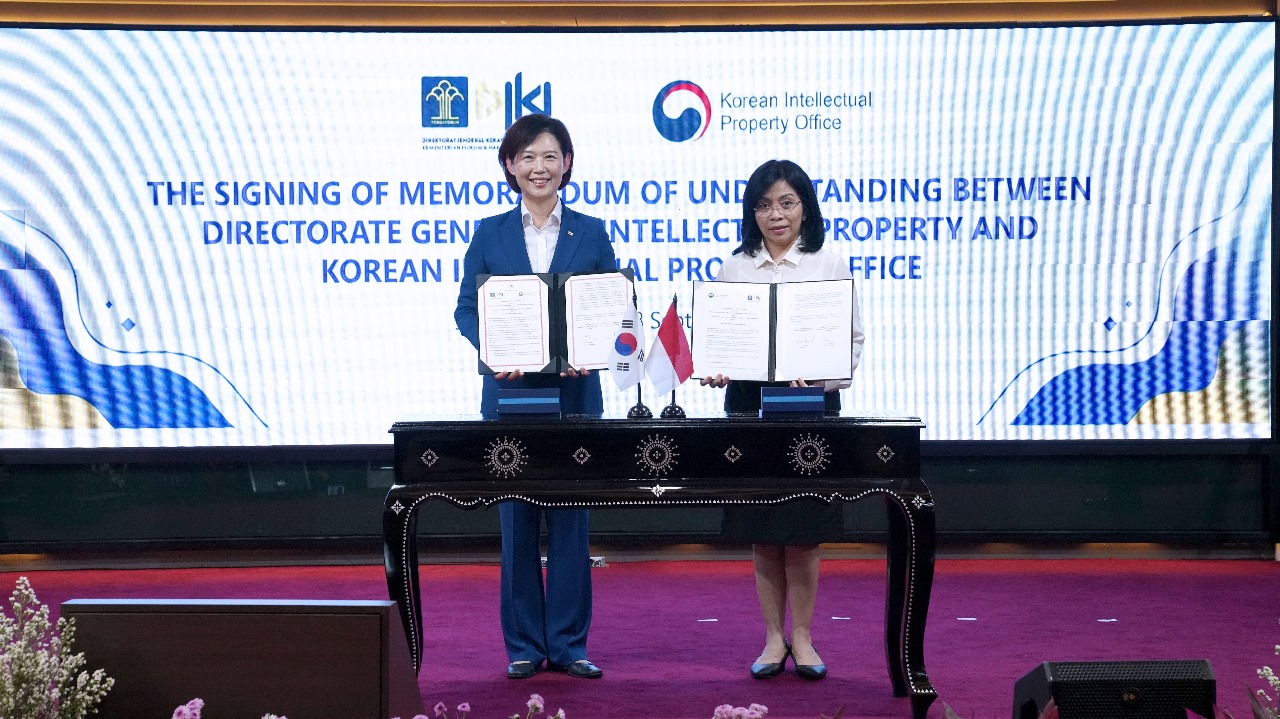Image Credits: Humas DJKI / Kemenkumham RI (https://dgip.go.id/)
Marking 50 years of diplomatic relationship between South Korea and Indonesia, on Friday, September 8th, 2023, the Directorate General of Intellectual Property from the Ministry of Law and Human Rights of the Republic of Indonesia (DJKI) and the Korean Intellectual Property Office (KIPO) signed two Memorandums of Understanding (MoU) concerning Intellectual Property (IP) Cooperation. This is a huge step in the right direction for DJKI towards becoming a top IP office considering KIPO is now among the top 6 best IP offices in the world according to the World Intellectual Property Office (WIPO).
Comprehensive IP Cooperation
The aim of the first MoU is to build Comprehensive Cooperation on IP matters between DGIP and KIPO. The cooperation encompasses a wide range of objectives such as increasing IP capacity and establishing IP frameworks. On top of that it also aims to enhance IP protection, examination, and utilization. The two offices will exchange knowledge and experience to achieve those objectives and improve the execution of national IP strategies. More specifically, the strategies related to trending issues such as IP financing, IP investments, and IP marketplace. On top of that, both parties are also hopeful to collaborate on the development of IP academy. The collaboration is vital for the betterment of IP literacy in both countries.
Patent Prosecution Highway
The second MoU focuses on the Patent Prosecution Highway (PPH). In recent years, there is an increasing number of filed patent applications worldwide. This indicates global awareness concerning the significance of patent protection in stimulating national and international economic growth has increased. Therefore, a timely and efficient administration from IP offices is crucial for the patent owners to gain maximum benefit. PPH is a mechanism that will help to meet those needs by speeding up the patent prosecution process for patent applicants from both countries. After the patent office in the first country examines a patent application and grant the patent, the patent will go through the substantive examination in the second country in which the examiner will consider the results of the previous substantive examination. In addition to that, this procedure is likely to reduce the cost of patent prosecution.







